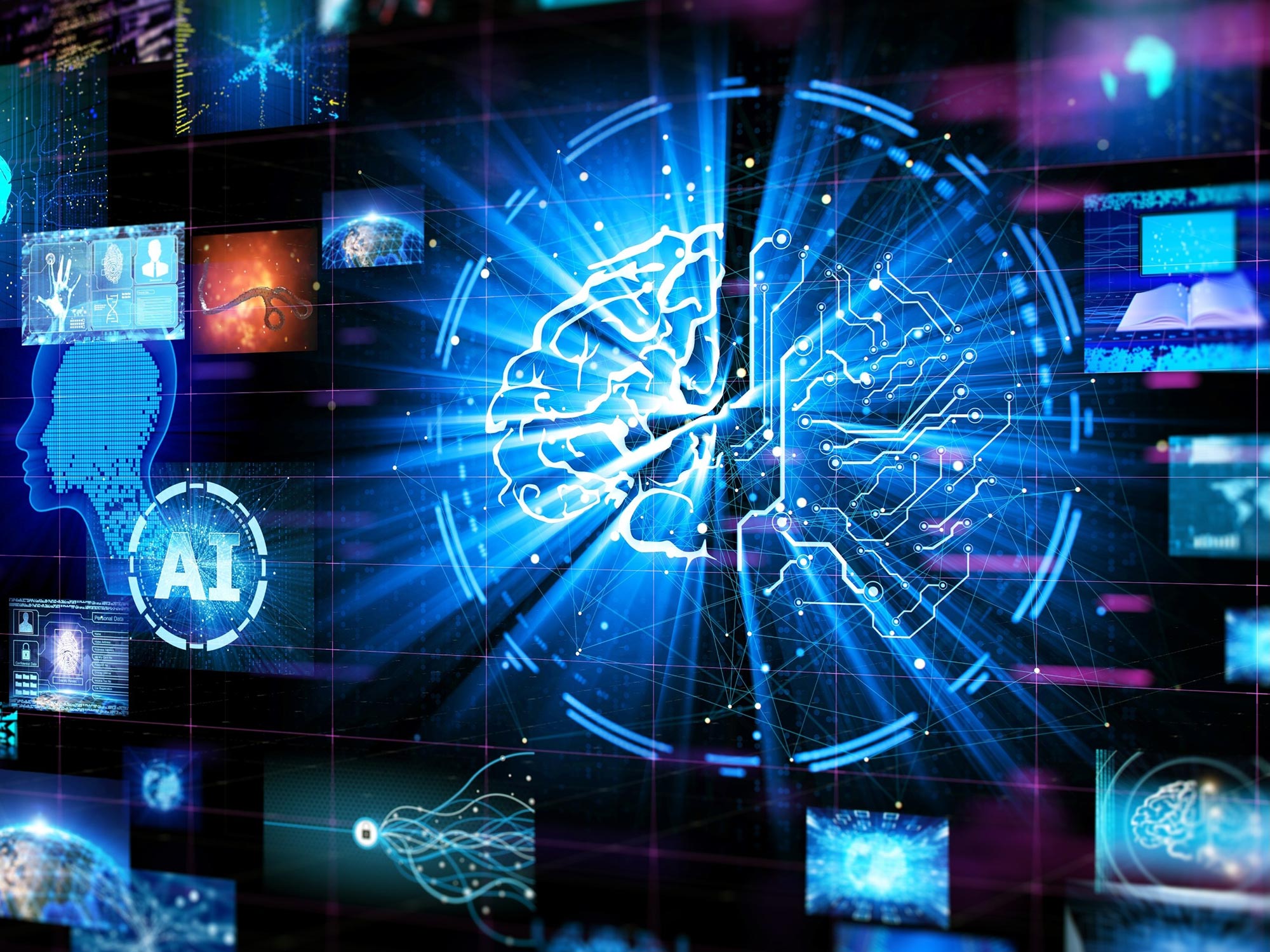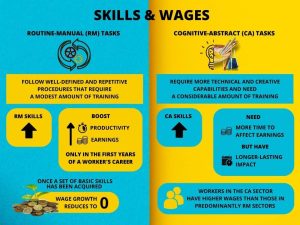

A study finds that artificial intelligence for dementia diagnosis is as accurate as medical professionals with expertise in treating neurologic illnesses.
The results of recent research have broad implications for dementia treatment.
More individuals are surviving into old age globally thanks to improvements in public health over the last several decades. Dementia, notably Alzheimer’s disease, and other conditions that are often linked to aging are as a result seeing a major rise. This might impede the ability to provide prompt treatment to individuals in need, especially in light of a predicted physician shortage in the next decades.
According to a recent study by researchers at the Boston University School of Medicine (BUSM), computational techniques (artificial intelligence/AI) may be able to help alleviate some of the challenges associated with delivering dementia care to an aging population.
“Even in circumstances where a specialized neurologist or neuro-radiologist is busy to directly provide a diagnosis, it is foreseeable that some degree of automation could step in to help, thereby enabling doctors and their patients to plan treatment accordingly,” explains corresponding author Vijaya B. Kolachalama, Ph.D., FAHA, assistant professor of medicine at BUSM.
The researchers’ findings were published in the journal Nature Communications.
Research from the past has shown that AI models can choose between “disease” and “no disease” in a simple manner, but that is not how clinicians treat patients. Rather, they must take into account all potential conditions that could be impacting a patient in their clinic, depending on physical examination, neuropsychological testing, laboratory results, and imaging to establish a distinctive signature that solidifies the diagnosis. This research, in Kolachalama’s opinion, is much more in line with this “real world” situation since it enables a computer to zero down on the actual cause of a patient’s disease even when there are other possibilities.
“We show that this is achievable when a model is presented with a broad differential diagnosis of possible illnesses. For context, “dementia” as we know it can be the result of different processes; the most common one being Alzheimer’s, but chronic alterations in a person’s mental status can also occur in other disorders – from Parkinson’s disease to geriatric depression to nutritional deficiencies and beyond. Our study is novel because, unlike work before it, we demonstrate a computational strategy for providing an accurate diagnosis during this diverse landscape of neurologic disease,” he adds.
The researchers designed a variety of computer models capable of digesting large quantities of data that might be collected during a typical work-up of a patient with suspected dementia, including results of neuro-psychological and functional testing, medical history, physical examination, demographics, and MRI scans. This information was then fed to a neural network which was then trained to elicit disease-specific signatures from this vast set of inputs.
Using specialized methods in machine learning, they were able to pinpoint the exact pieces of data that their model used in its diagnostic decision-making, including important neuro-psychological test scores, laboratory values, and physical examination findings that could be suggestive of a specific disease. They then applied these same methods to localize dementia-related changes in MRI scans and found that the locations marked as “important” by the model corresponded to brain regions with microscopic evidence of degenerative tissue changes.
Lastly, an international group of physicians participated in a “head-to-head” comparative study with the AI models. Both the experts and the model were presented with an identical set of patients and asked to provide diagnoses using the same pieces of information. The accuracy of the doctors and the computer was similar.
Kolachalama believes that computational strategies can help to alleviate some of the difficulties of providing dementia care in an aging population. “In scenarios where patients may not be able to reach specialized neurologic care, our work could help to fill in the gaps and connect people with timely information about their health and the wellbeing of their loved ones.”
Reference: “Multimodal deep learning for Alzheimer’s disease dementia assessment” by Shangran Qiu, Matthew I. Miller, Prajakta S. Joshi, Joyce C. Lee, Chonghua Xue, Yunruo Ni, Yuwei Wang, Ileana De Anda-Duran, Phillip H. Hwang, Justin A. Cramer, Brigid C. Dwyer, Honglin Hao, Michelle C. Kaku, Sachin Kedar, Peter H. Lee, Asim Z. Mian, Daniel L. Murman, Sarah O’Shea, Aaron B. Paul, Marie-Helene Saint-Hilaire, E. Alton Sartor, Aneeta R. Saxena, Ludy C. Shih, Juan E. Small, Maximilian J. Smith, Arun Swaminathan, Courtney E. Takahashi, Olga Taraschenko, Hui You, Jing Yuan, Yan Zhou, Shuhan Zhu, Michael L. Alosco, Jesse Mez, Thor D. Stein, Kathleen L. Poston, Rhoda Au, and Vijaya B. Kolachalama, 20 June 2022, Nature Communications.
DOI: 10.1038/s41467-022-31037-5
This study was funded by the Karen Toffler Charitable Trust, the Michael J. Fox Foundation, the Lewy Body Dementia Association, the Alzheimer’s Drug Discovery Foundation, the American Heart Association (20SFRN35460031), and the National Institutes of Health (R01-HL159620, R21-CA253498, RF1-AG062109, RF1-AG072654, U19-AG065156, P30-AG066515, R01-NS115114, K23-NS075097, U19-AG068753, and P30-AG013846).

